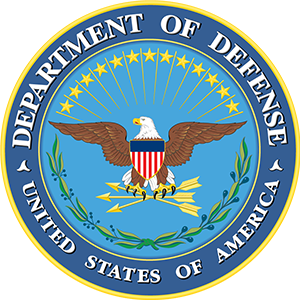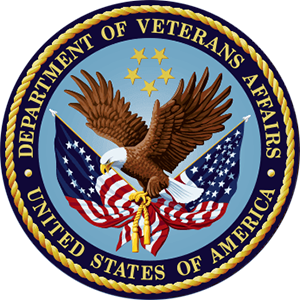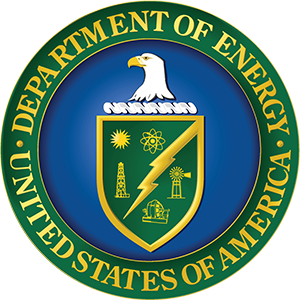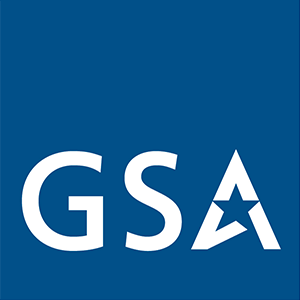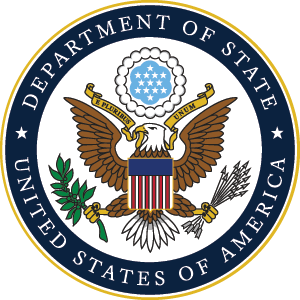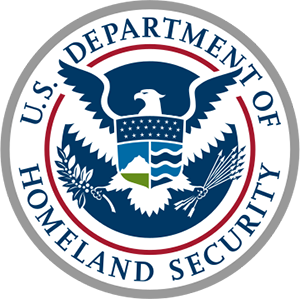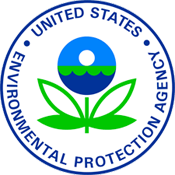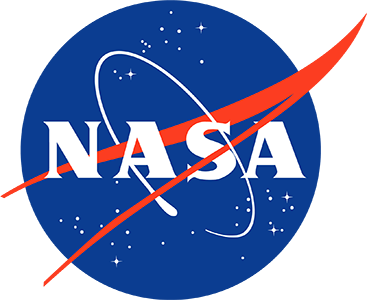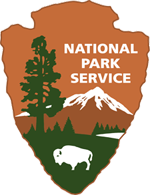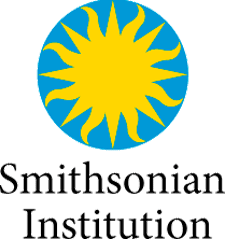Long-Duration Energy Storage
Long-duration energy storage is a cost-effective option to increase grid reliability and resilience so that reliable, affordable electricity is available whenever and wherever to everyone. This session will cover how federal facilities are exploring the use of flow batteries, zinc batteries, hydrogen fuel cells, and other applicable technologies. Participants will learn about innovative long-duration energy storage technology options and case studies with implementation strategies for federal installations.
Learning Objectives
Upon completion of this course, attendees will be able to:
- Identify key long-duration energy storage technologies, including flow batteries, zinc batteries, and hydrogen fuel cells;
- Recognize the role of long-duration energy storage in enhancing grid reliability and resilience for federal facilities;
- Analyze case studies to understand implementation strategies and lessons learned;
- Select appropriate long-duration storage solutions to support mission-critical work.

